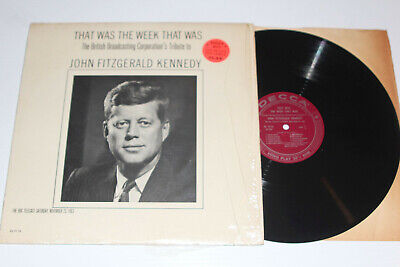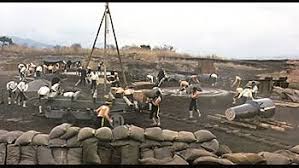The Legacy of President John F. Kennedy: Unpacking JFK’s Assassination

Understanding JFK’s Importance
President John F. Kennedy, often referred to by his initials JFK, remains one of the most iconic figures in American history. His presidency, which lasted from January 1961 until his tragic assassination in November 1963, was marked by significant achievements and controversies. The assassination of JFK is not merely a historical event but a pivotal moment that reshaped the American political landscape and collective consciousness.
The Events of November 22, 1963
On November 22, 1963, John F. Kennedy was assassinated in Dallas, Texas, while riding in a motorcade. His assassination shocked the nation and the world, leading to mourning and a plethora of conspiracy theories. The immediate aftermath saw the swearing-in of Vice President Lyndon B. Johnson as president aboard Air Force One, underscoring the abrupt shift in leadership and national agenda. The Warren Commission, established to investigate the assassination, concluded that Lee Harvey Oswald acted alone, yet many doubts remain regarding the findings.
Impact on American Society
JFK’s assassination had profound effects on American political culture. It fostered a sense of distrust in government institutions and the political process. The event catalysed the rise of conspiracy theories, which have persisted for decades, even prompting continued exploration by researchers and public figures. The shock of Kennedy’s death also contributed to the increasing social and political turbulence of the 1960s, influencing movements for civil rights and peace, as well as anti-war sentiments during the Vietnam War.
A Continued Fascination
As the 60th anniversary of JFK’s assassination approaches, the event continues to be the subject of various media representations, including books, films, and documentaries. Historians and scholars regularly revisit JFK’s legacy, debating his policies and their implications for the future. The attention given to JFK is partly due to the romanticism surrounding his presidency, often characterised by the idea of a ‘Camelot’ era in American history.
Conclusion
The legacy of John F. Kennedy remains a vital part of American history, with his assassination marking a turning point that shaped the nation’s future. Understanding the significance of JFK helps us reflect on the impact of leadership, the fragility of democracy, and the importance of civic engagement. As debates surrounding his presidency and assassination continue, JFK’s influence endures, reminding us of the complexities of governance and the societal challenges of the time.









